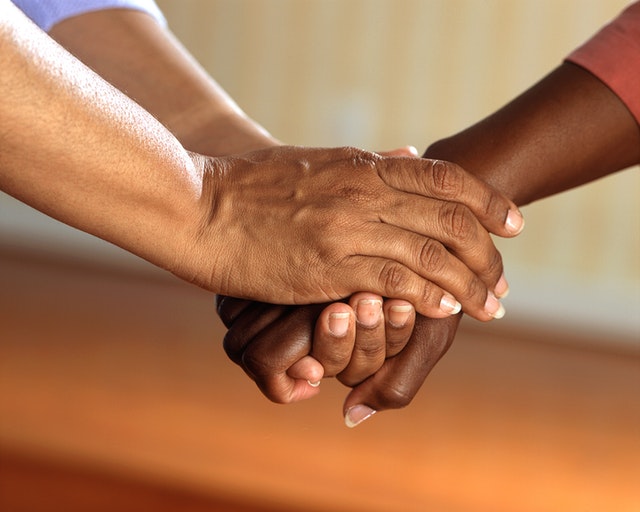Caring for a chronically ill loved one, or a person who has reached the end-of-life, involves tremendous effort and sacrifice on the part of unpaid caregivers, including patients’ spouses, significant others, children and other friends or family. A new study indicates that many of these caregivers are themselves in poor health, which can impact high-acuity health care utilization for both the caregiver and the patient.
Almost 20% of caregivers surveyed by researchers for a U.S. Centers for Disease Control and Prevention (CDC) report indicated they were struggling with their own health problems while caring for someone else.
“Because caregiving is a public health issue of increasing importance as the U.S. population ages, the health status of caregivers warrants special attention,” the researchers indicated. “Caregiving can have many benefits, such as enhancing the bond between caregiver and recipient, but it can also place an emotional and physical strain on caregivers, leading to higher rates of depression, lower quality of life, and poorer overall health. As the U.S. population continues to age, the need for informal caregivers will likely increase.”
More than 17 million people in the United States served as unpaid caregivers in 2015, the most recent year for which data were available, according to the CDC.
For this study, researchers collected data on the demographics and health status of unpaid caregivers in 44 states, the District of Columbia and Puerto Rico, based on 2015-2017 information from the Behavioral Risk Factor Surveillance System (BRFSS). The study included more than 250,000 individuals.
One in five adult respondents indicated that they had cared for a sick family member or friend within the prior 30 days; 19.2% of caregivers reported being in fair or poor health, although researchers saw significant state-to-state variation.
“These data highlight the need to ensure that caregivers themselves maintain good health,” the report said. “Their incapacitation potentially could lead to additional hospitalizations or earlier placement into long-term care of persons who could otherwise be cared for in their home. ”
Family caregivers are often the frontline of end-of-life and serious illness care. Professional hospice, palliative care and home health providers in most cases provide high-quality care to patients and resources to support families — but staffing and reimbursement structures limit their ability to be in the patient’s home. Family members are often the ones who administer medications throughout the day, reposition bed-bound patients, perform bathing and toileting and provide other forms of support.
“Caregivers provide important support to family members, friends, and the health care system and might compromise their own health to provide this support …” CDC indicated in the report. “For younger persons, caregiving might adversely affect their ability to work or negatively affect their income by limiting their work hours or their ability to take on additional job responsibilities. Among older persons, the physical demands of caregiving might make continued caregiving unsustainable.”



